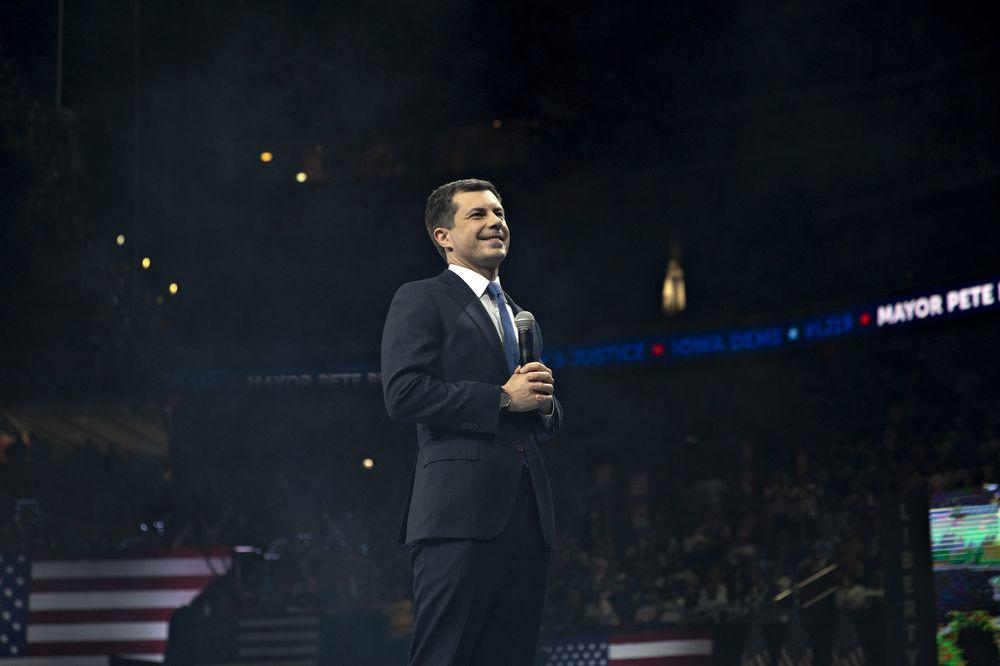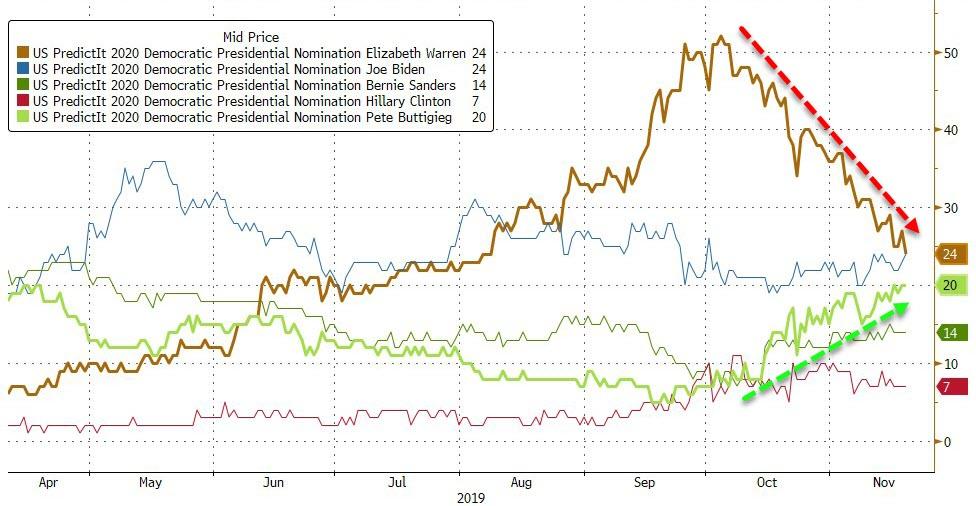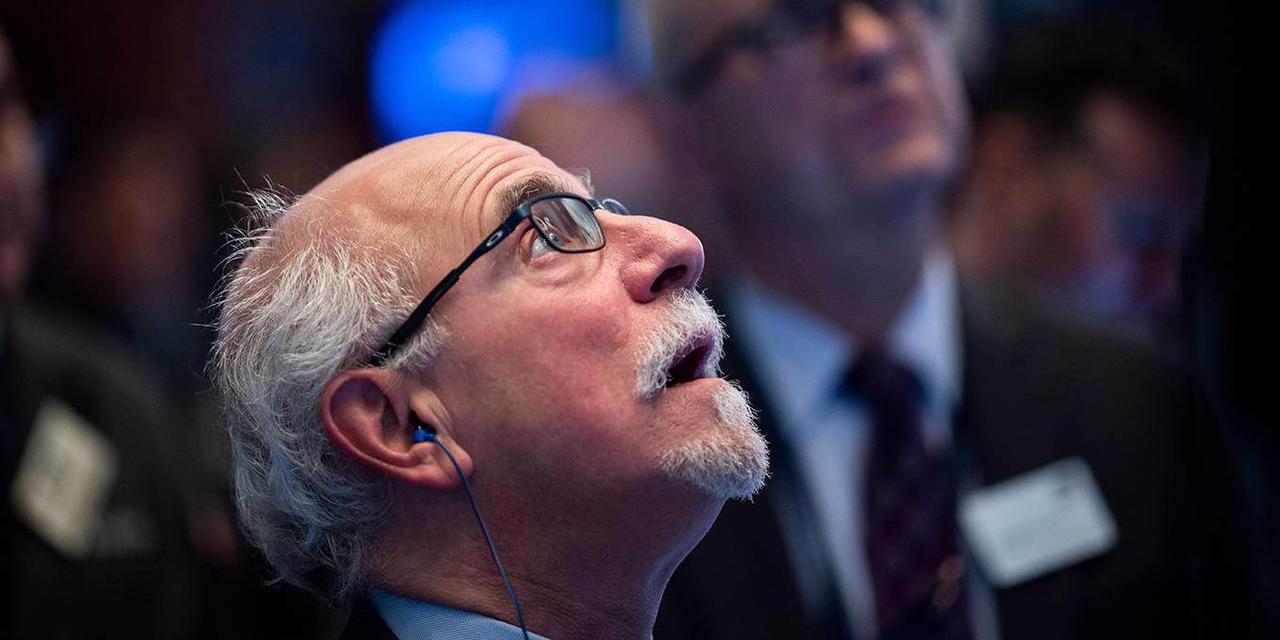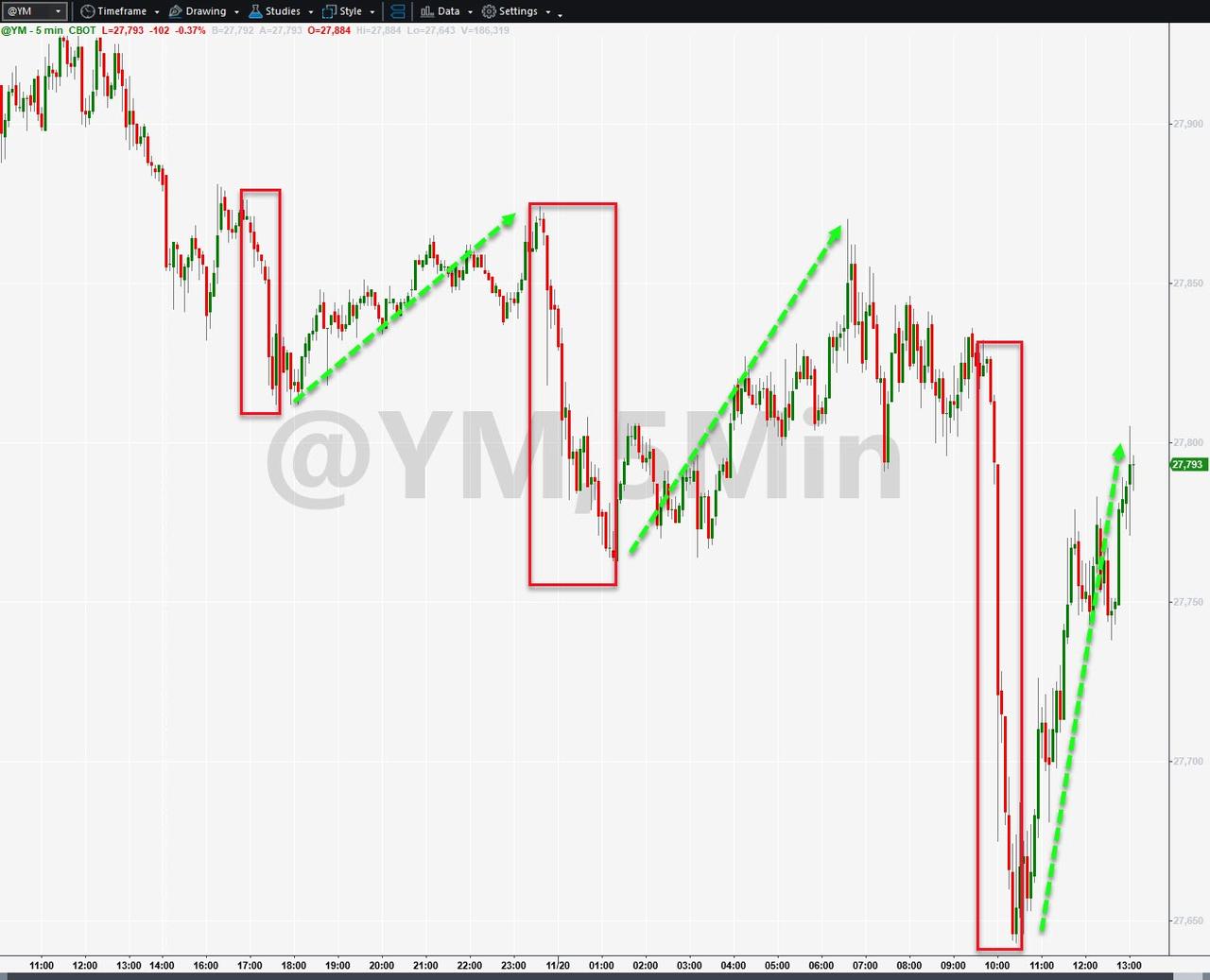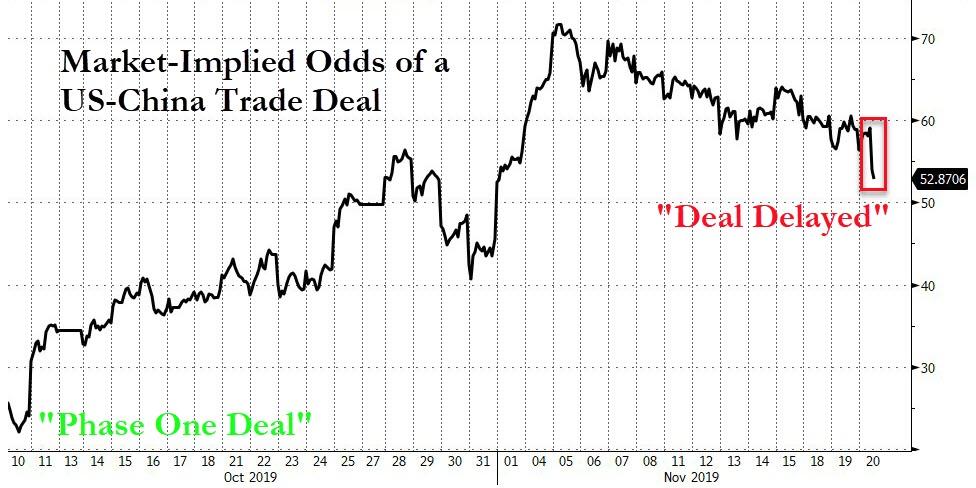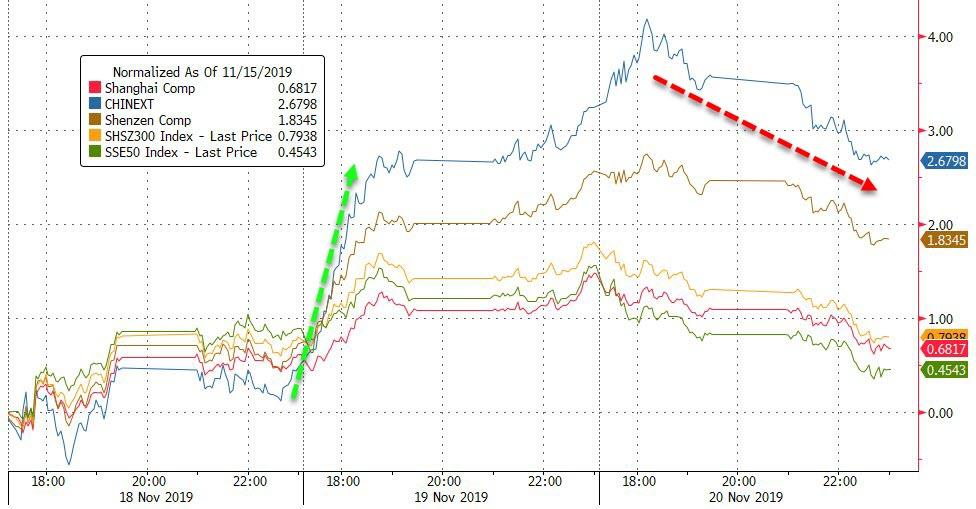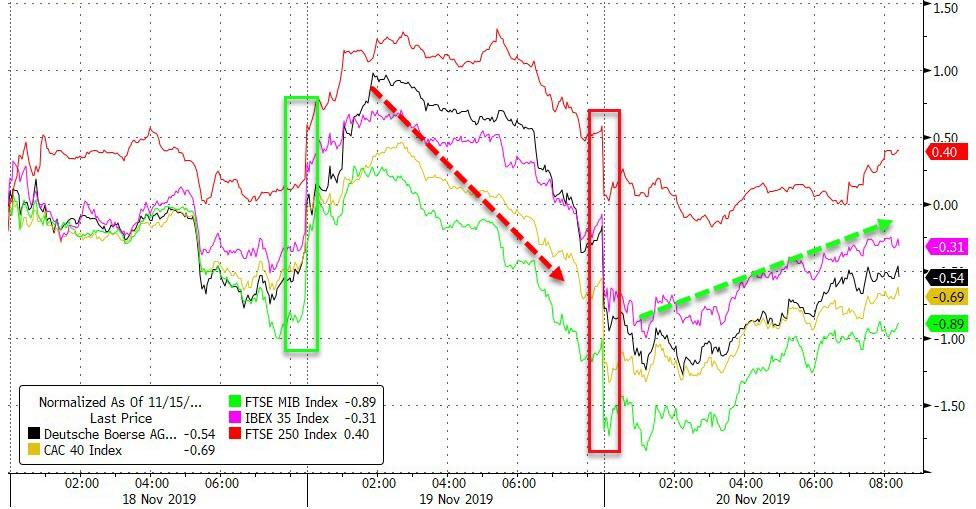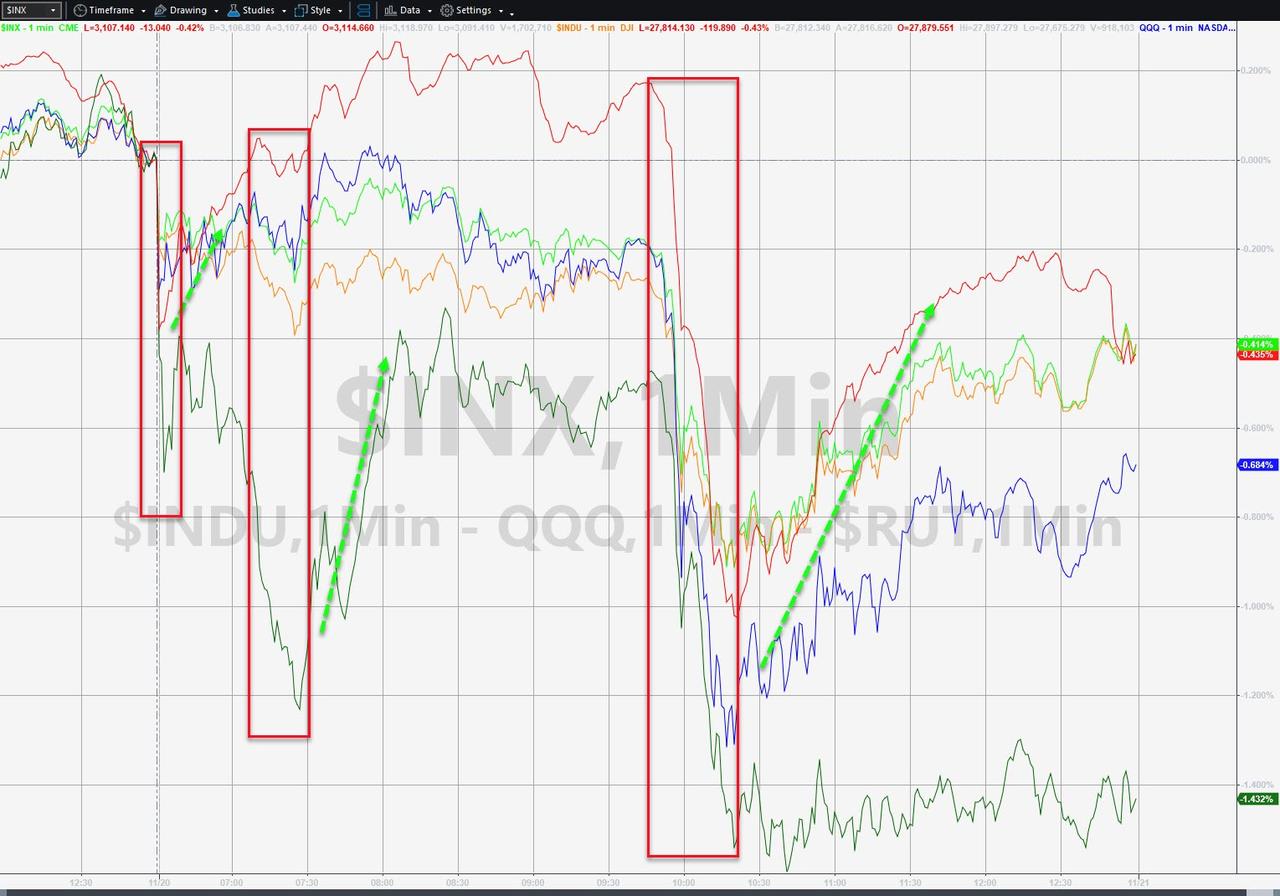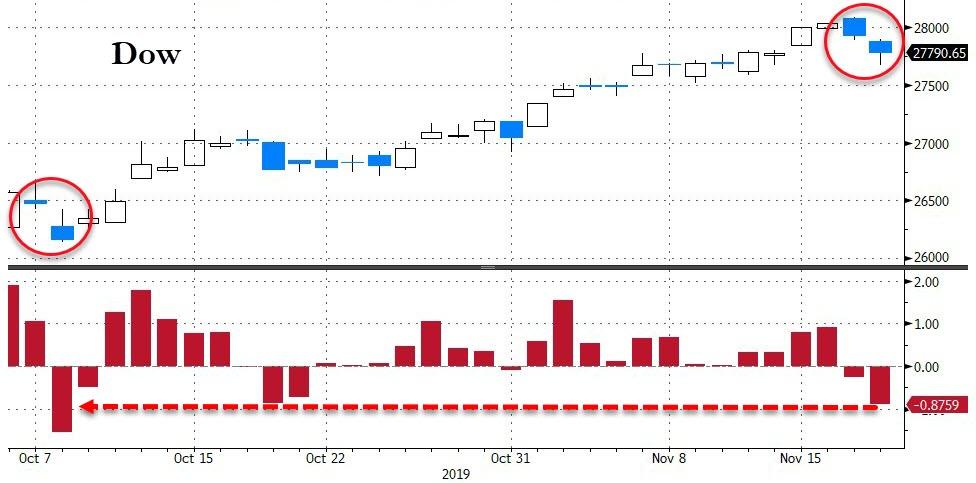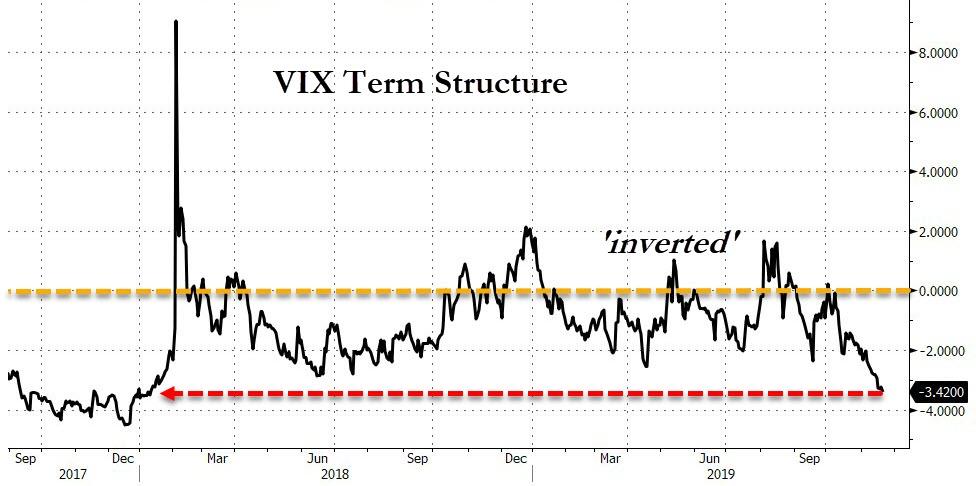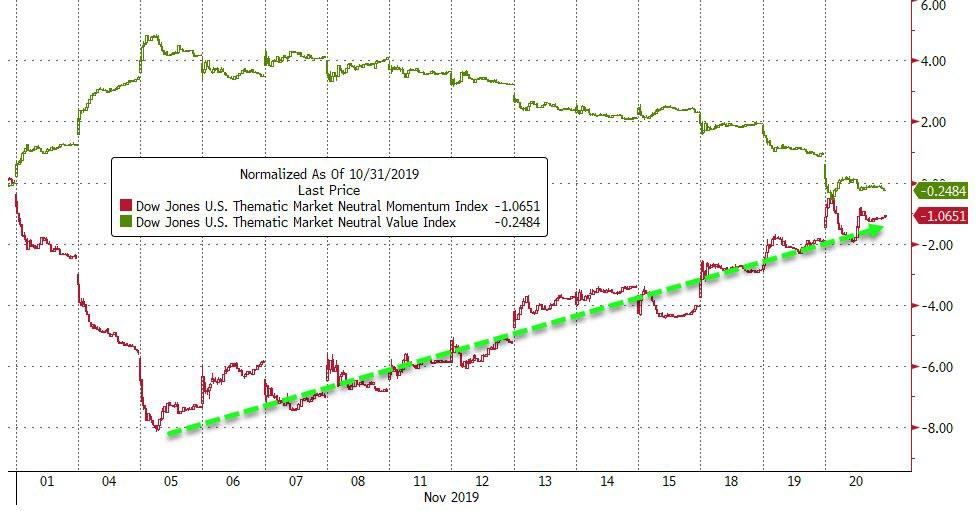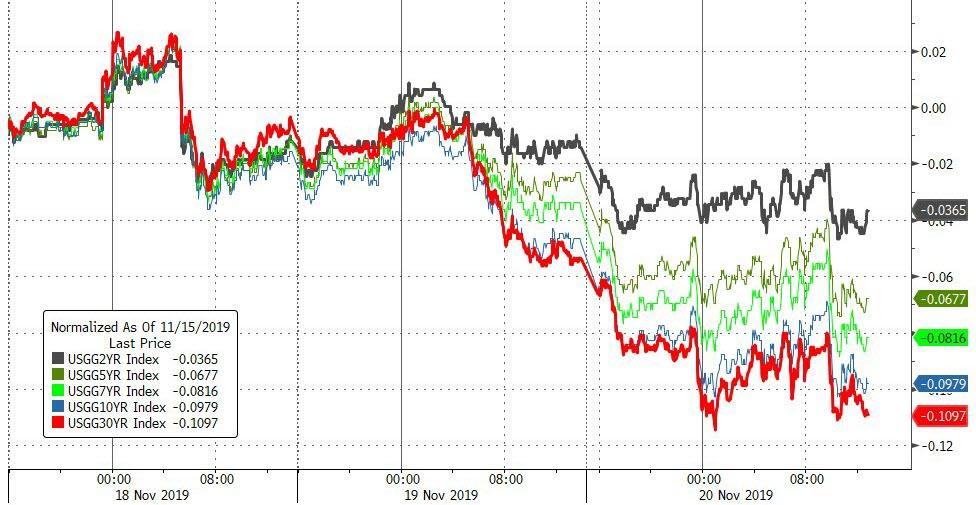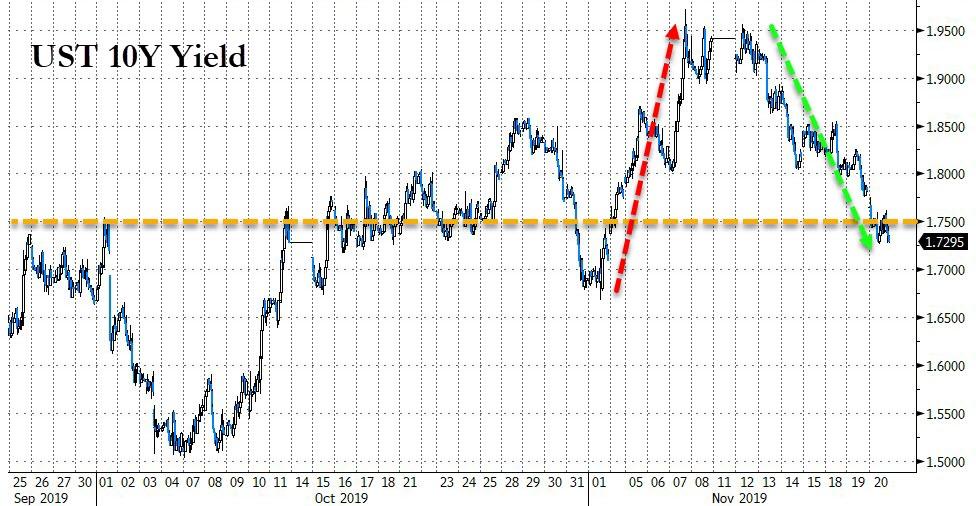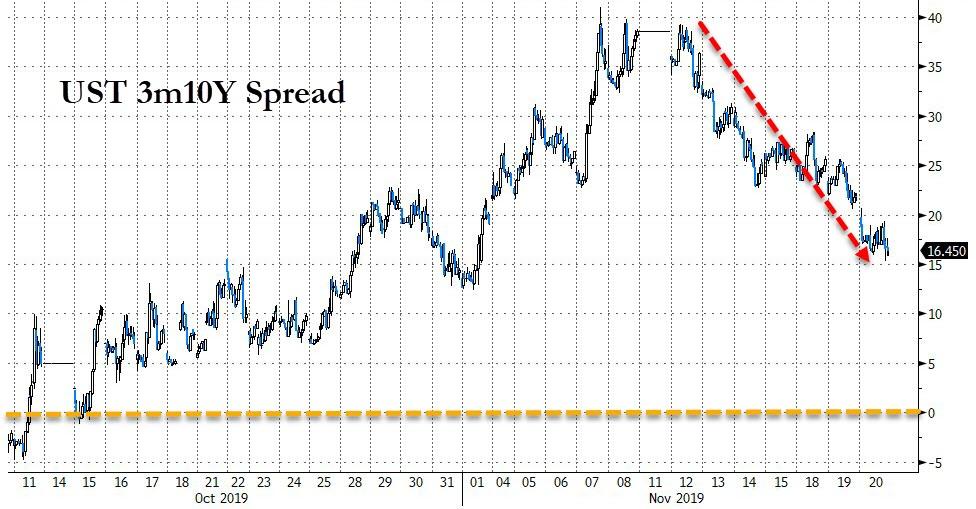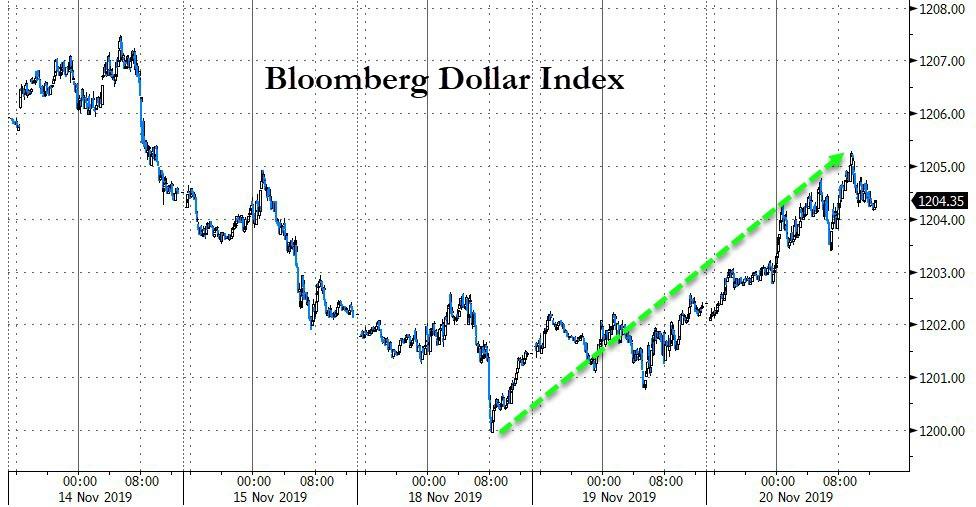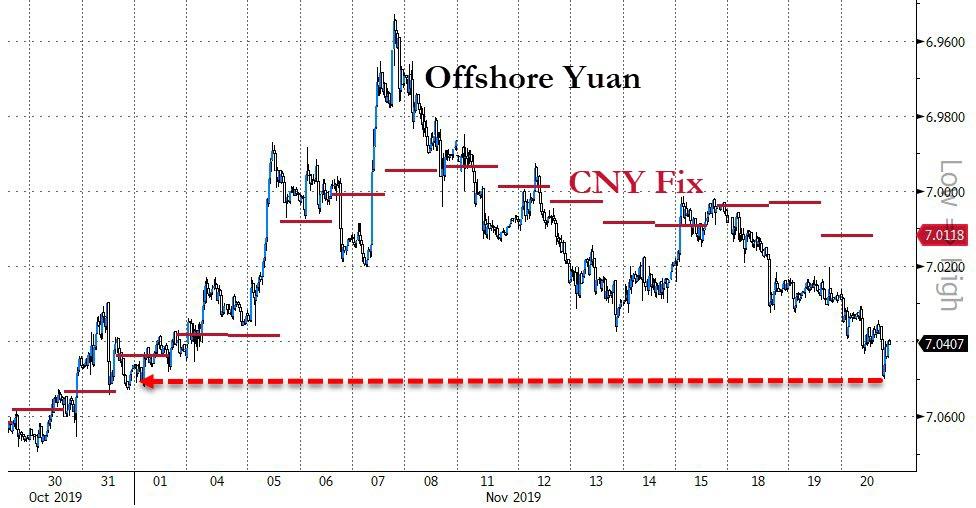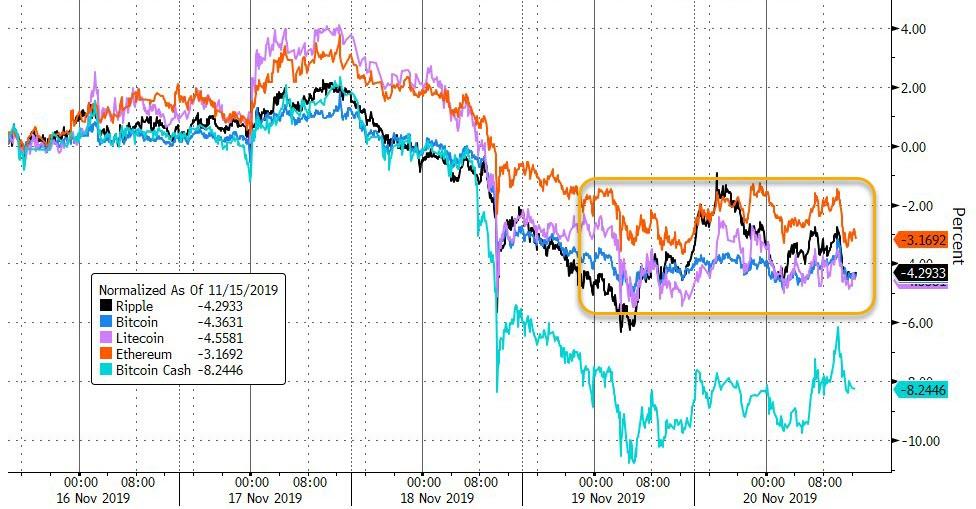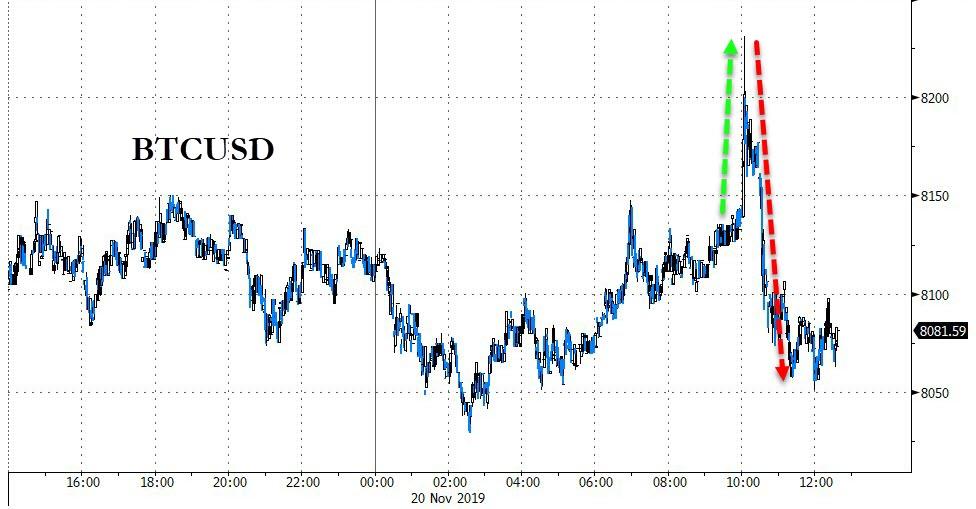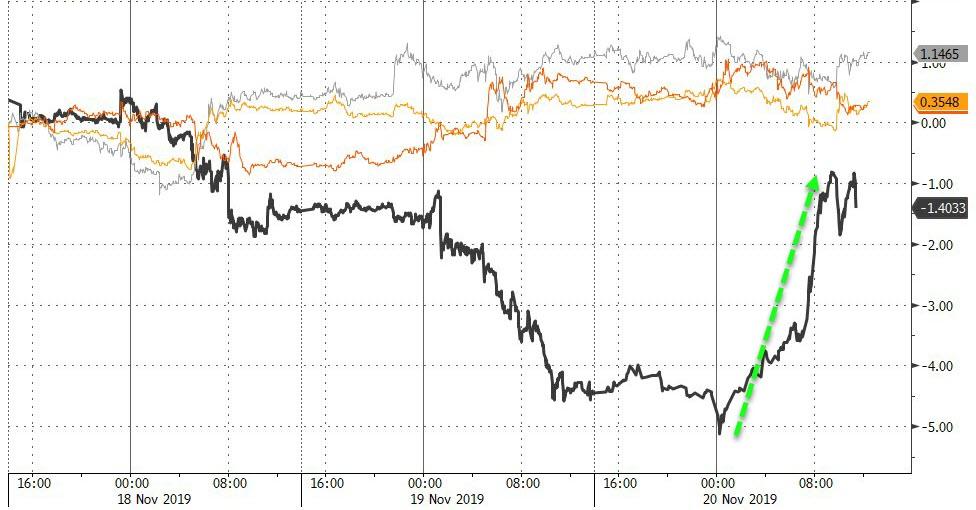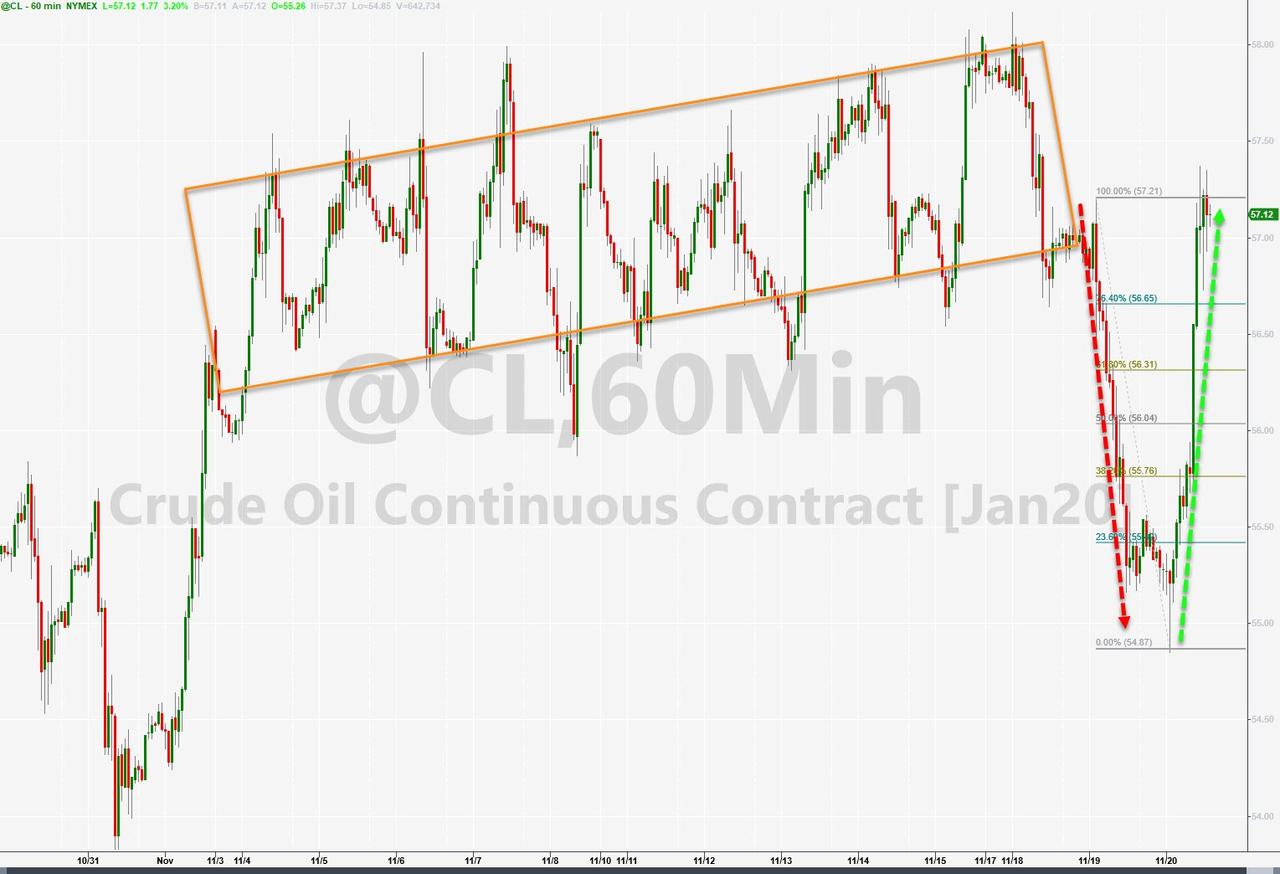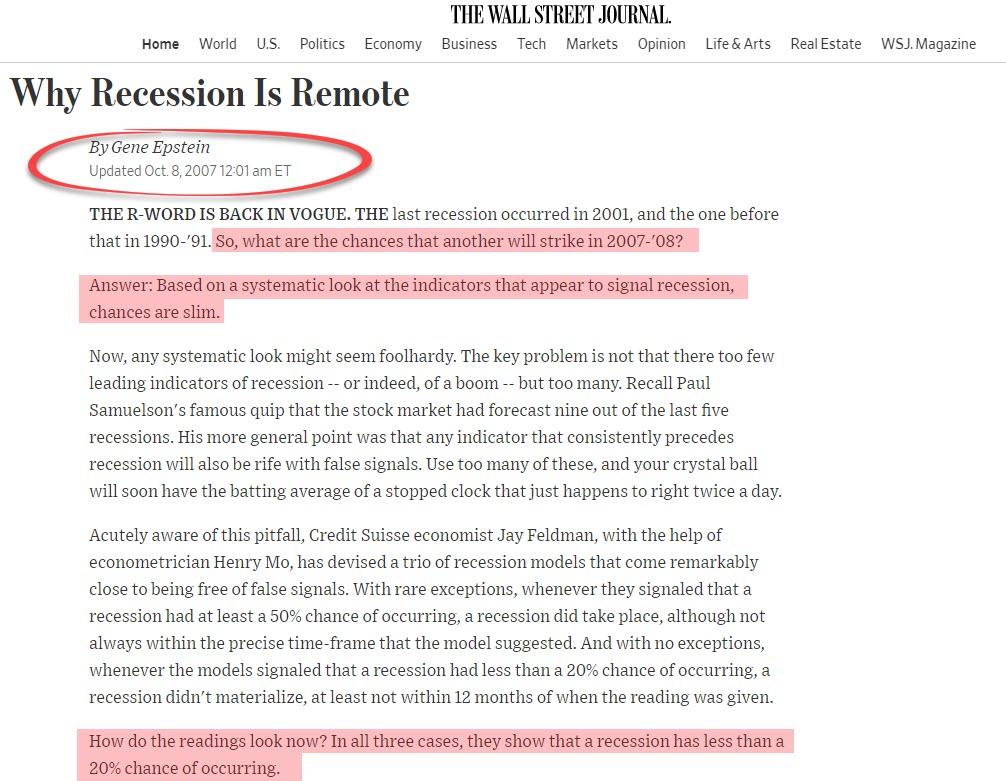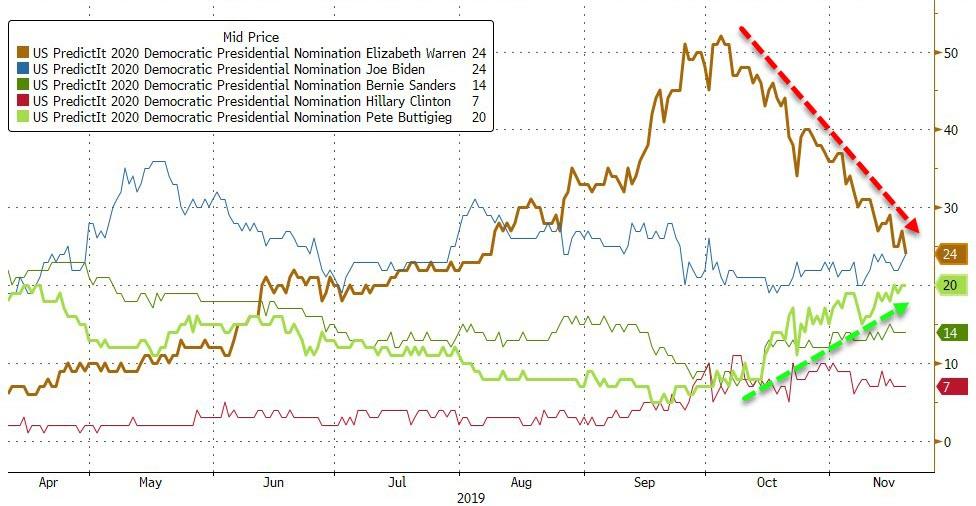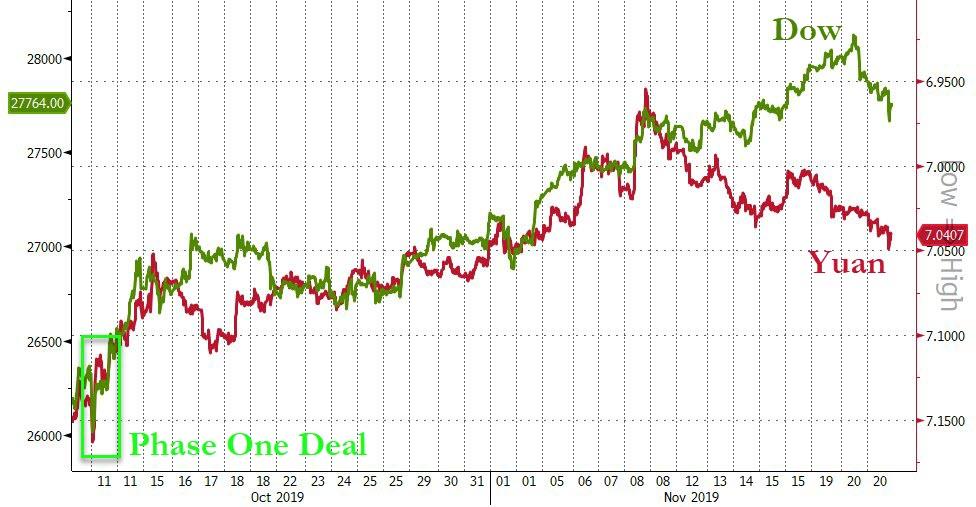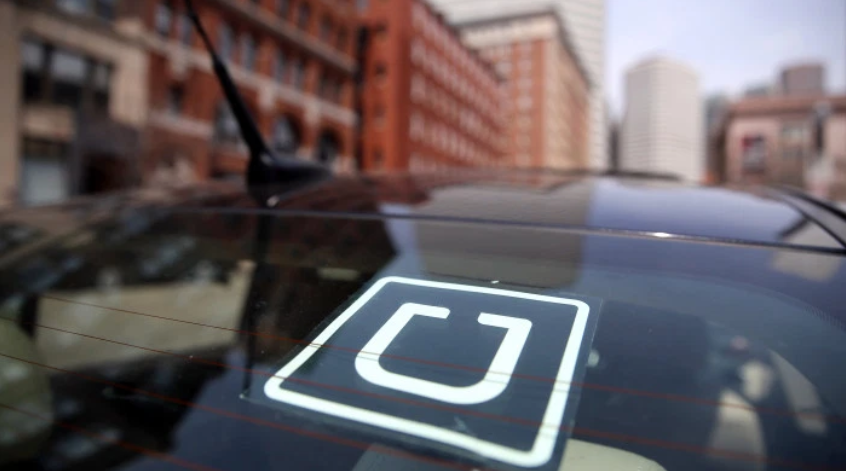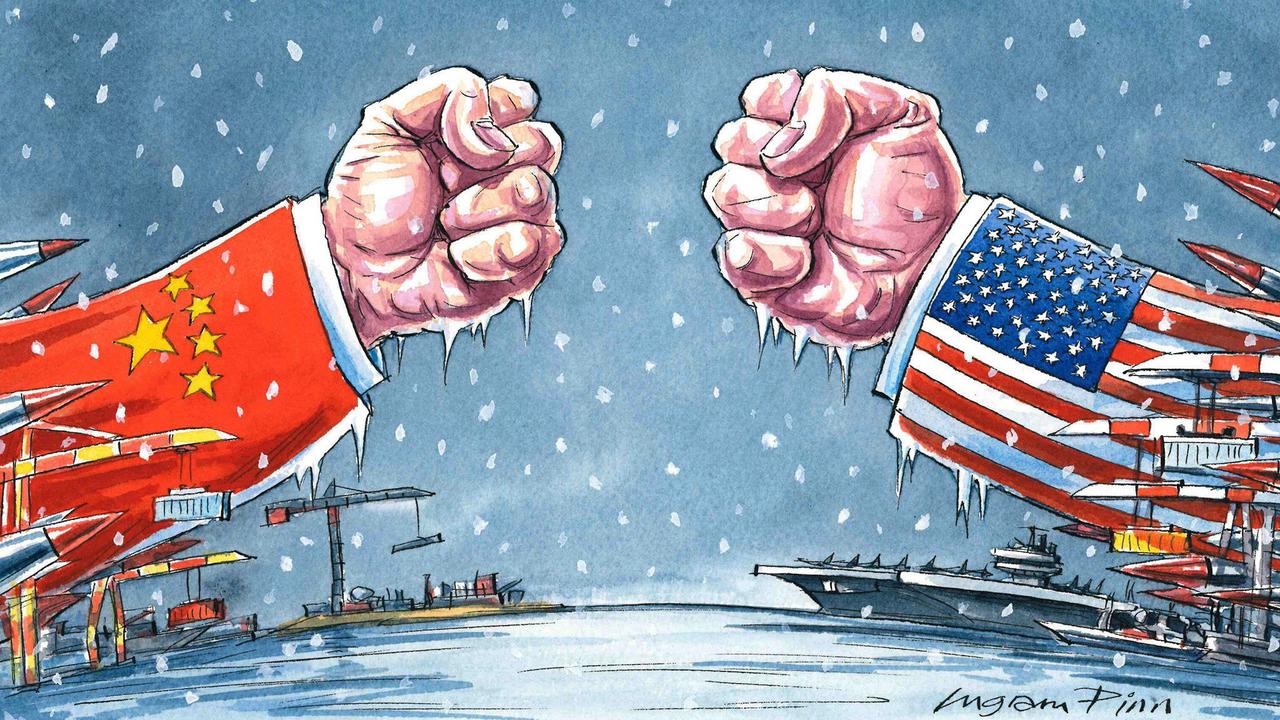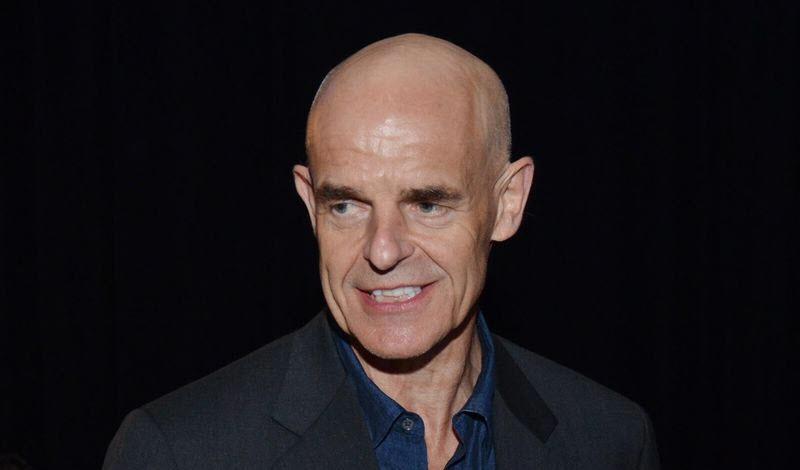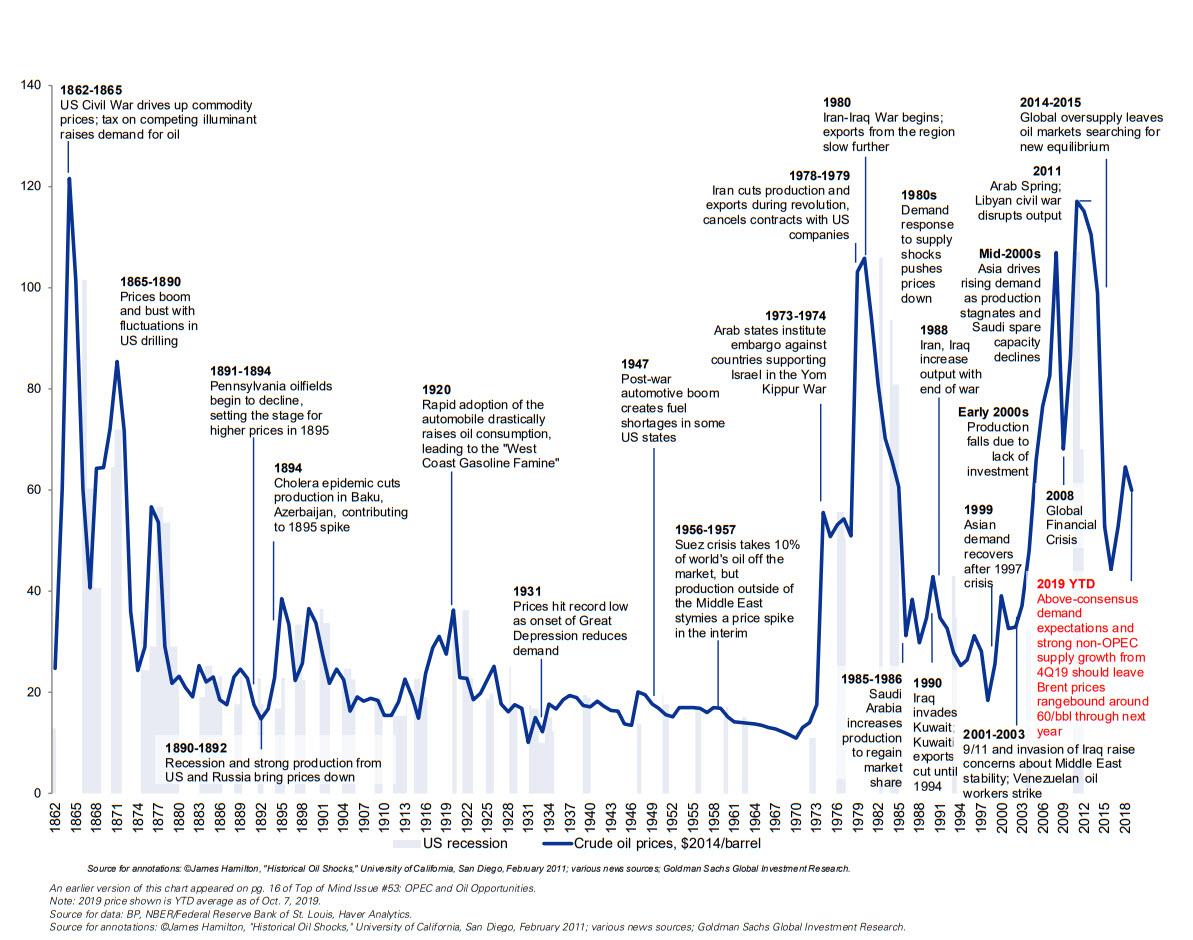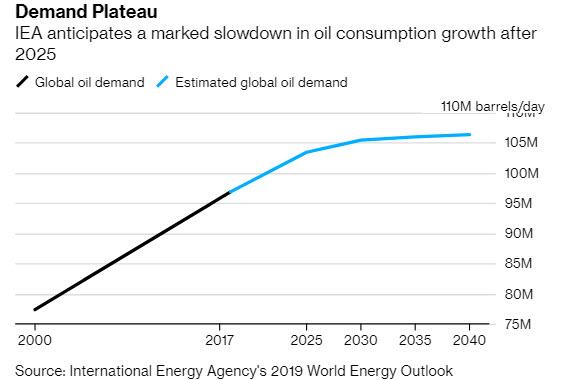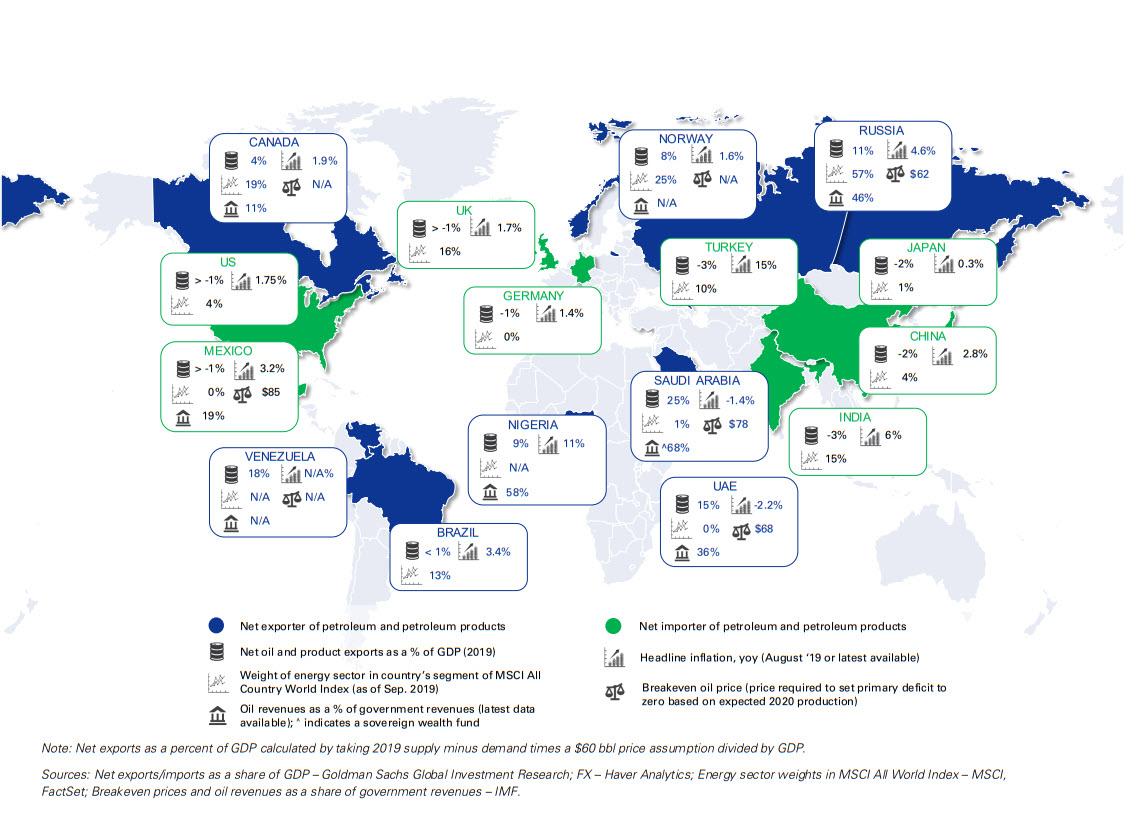Tonight’s Democratic debate will showcase attacks on South Bend, Indiana, Mayor Pete Buttiegieg, who has surged in early state polls over the past month, achieving frontrunner status in Iowa and New Hampshire. Former Vice President Joe Biden, Sen. Elizabeth Warren (D–Mass.)—whose momentum has stalled after finally explaining how she was going to pay for her Medicare for All plan—Sen. Bernie Sanders (I–Vt.), Sen. Kamala Harris (D–Calif.), tech entrepreneur Andrew Yang, Sen. Amy Klobuchar (D–Minn.), billionaire environmentalist Tom Steyer, Rep. Tulsi Gabbard (D–Hawaii), and Sen. Cory Booker (D–N.J.) will all be gunning for Mayor Pete, and it should be fun and interesting to see how the 37-year-old military vet and former McKinsey consultant holds up under it all.
The Democratic nomination is still completely up for grabs, which helps explain why near-zero-chance characters such as former Massachusetts Gov. Deval Patrick and billionaire former New York Mayor Michael Bloomberg are testing the waters. Here we are, a year out from a general election against the least-popular president in recent memory, and the Dems look poised to snatch defeat from the jaws of victory. So much so, in fact, that former Pres. Barack Obama has stepped out of an Andy Thomas painting to implore his party to nominate a centrist who might actually be able to win. (Go here for details on how to watch the debate on cable or online.)
But as someone who is socially tolerant and fiscally responsible, tonight’s debate will mostly be about what’s not on stage: A candidate who robustly champions what Reason celebrates as “a world of expanding choice—in lifestyles, identities, goods, work arrangements, and more,” and pushes back against “busybodies, elites, and gatekeepers who insist on how other people should live their lives.” My vote, along with the votes of one-third of the electorate, is up for grabs. According to The New York Times, 32 percent of Americans have said they will “definitely” vote for President Trump and 33 percent have said they will vote for whomever the Democrats nominate. But there is nobody in the Democratic field who comes close enough to libertarian preferences toward the size, scope, and spending of government to win me over at this point. Rather than promising to be the second coming of FDR, they should seriously think about what it would take to win my vote and people who think like me.
Which is not to say certain positions taking root among Democratic Party elites aren’t consistent with a libertarian perspective. With the exception of Biden and possible candidate Bloomberg, all the Democrats have signed off on pot legalization and at least a few have nodded toward the decriminalization of sex work, the abolition of cash bail, criminal justice reform, ending civil asset forfeiture, and other longstanding libertarian hobby horses. When it comes to foreign policy, most are non-interventionist (Tulsi Gabbard is particularly outspoken on this issue), though Joe Biden, who still leads in the national polls, is a tried-and-true hawk, and the relative inexperience or silence of the others is worrying (the military-industrial complex routinely rolls whoever is in the White House). These are not small wins, especially since Donald Trump basically supports the same agenda. The president has already signed the most-significant federal criminal-justice-reform law in recent memory and, as a candidate, promised that he would sign legislation turning marijuana’s status over to the states (something Hillary Clinton refused to do).
Unfortunately, the Democratic candidates have all pledged to spend vast amounts of new money and to institute massive new regulations or create new bureaucracies to further their vision of the good society. Warren is the exemplar on this score, extruding new policies costing trillions of dollars on an almost daily basis, as if it’s a bodily function. She’ll pay for her version of Medicare for All, plus free college, reparations for gay couples who couldn’t take tax deductions when same-sex marriage was banned, and much more with a wealth tax and a host of other new levies that somehow never touch the sacrosanct “middle class” (now defined as anyone making less than a billion dollars a year). Never mind that her plans are likely unconstitutional and incapable of raising the trillions of dollars needed to pay for such largess. Arguably more troubling, Warren has also promised to break up companies such as Facebook, Google, Amazon, and anyone else she thinks is too big or contravenes her personal sense of right and wrong.
In calling for huge amounts of new spending and regulation, Warren is joined even by supposedly forward-looking, business-savvy candidates such as Andrew Yang, whose 21st-century cabinet would include a Department of the Attention Economy, which would dictate policy and business strategy to social media companies. Each of the Democratic candidates also supports some version of The Green New Deal, which uses environmental end-of-days hysteria to sell every jobs, housing, and health care plan floated by progressives over the past 50 years.
Just a few decades ago, the future was supposed to be about radically decentralizing power to “end users” in distributed networks. That dream is almost completely missing from any of the Democrats’ platforms. In highly attenuated form, it flickers on in Andrew Yang’s unaffordable universal basic income plan, which would gift unrestricted cash grants to every American adult. It lives on, too, barely, in Cory Booker’s tepid support for charter schools, but the big idea of giving individuals more freedom in how to run their lives and businesses has taken a back seat to command-and-control policies that give a bigger-and-bigger federal government more say in every decision we might make.
Of course, neither Donald Trump nor the Republicans offer much to libertarians, despite historical reliance on libertrarian rhetoric about life, liberty, and the pursuit of happiness and nominal support for minimal government. In fact, under Trump, the GOP has become the party of trade barriers and immigration restriction while continuing to load up on debt and deficits. Such policies work against, if not completely negate, whatever successful deregulation and tax reform has happened. Whether he realizes it or not, the president is acting like the Hickey character in Eugene O’Neill’s The Iceman Cometh, shredding all our illusions by forcing us to confront the vast gap between our rhetorical dreams and lived realities. Certainly, he’s revealed that Republicans, who couldn’t stop talking (rightly) about the negative effects of debt and executive branch overreach during Obama’s tenure, to be unprincipled worshippers of power.
If The New York Times is right, Trump and whatever Democrat ends up with the brass ring next spring can bank on one-third of the electorate. What of the remaining 33 percent? Many, maybe most, will doubtless be swayed by the literal and figurative handouts each side will offer: Here’s free healthcare, free college, free birth control, free whatever. Vote for me. Here’s more money if you have kids or own a house. Here’s a way of pissing off coastal elites, of keeping factory jobs in the country and of keeping economic refugees from “shithole countries” out. Vote for me. Politics isn’t that complicated, it’s a tawdry slow dance between self-enrichment and contempt for the other side.
But then there are the libertarians among us, whom many insist simply don’t exist. Yet according to Cato’s polling director, Emily Ekins, somewhere between 7 percent and 22 percent of American voters can legitimately be called libertarian in that they broadly support economic freedom, civil liberties, and lifestyle pluralism. Only one of the last five presidential elections was decided by more than 7 percentage points of the popular vote, suggesting that libertarians can provide the winning edge even if we only exist in numbers to the low end of Ekins’ assay. In fact, in 2016, the Libertarian Party (LP) candidate, former New Mexico Gov. Gary Johnson, pulled 3.3 percent of the popular vote, or more than the 2.1 percent margin between Hillary Clinton and Donald Trump. Unless independent Rep. Justin Amash of Michigan jumps into the LP race, the party’s nominee is likely to be a virtual unknown almost certainly incapable of replicating Johnson’s haul of nearly 4.5 million votes. Most of those votes, like mine, are up for grabs.
It’s a lark, of course, to dream that any of the candidates on tonight’s stage will start talking libertarian-friendly lines about economic freedom and individualism, just as it’s nuts to expect Donald Trump to reverse himself about the ease and efficacy of trade wars and tariffs. But come the general election, my vote—and that of between 7 percent and 22 percent of the electorate—will still be in play and waiting to be won by a candidate who defends or at least pays respect to economic and civil liberties, individualism and free speech, and what Reason dubs “free minds and free markets.” The wooing of the libertarian vote, if it’s going to happen at all on the Democratic side, starts tonight.

from Latest – Reason.com https://ift.tt/2KEX8qi
via IFTTT
